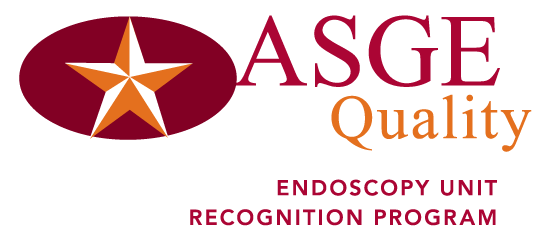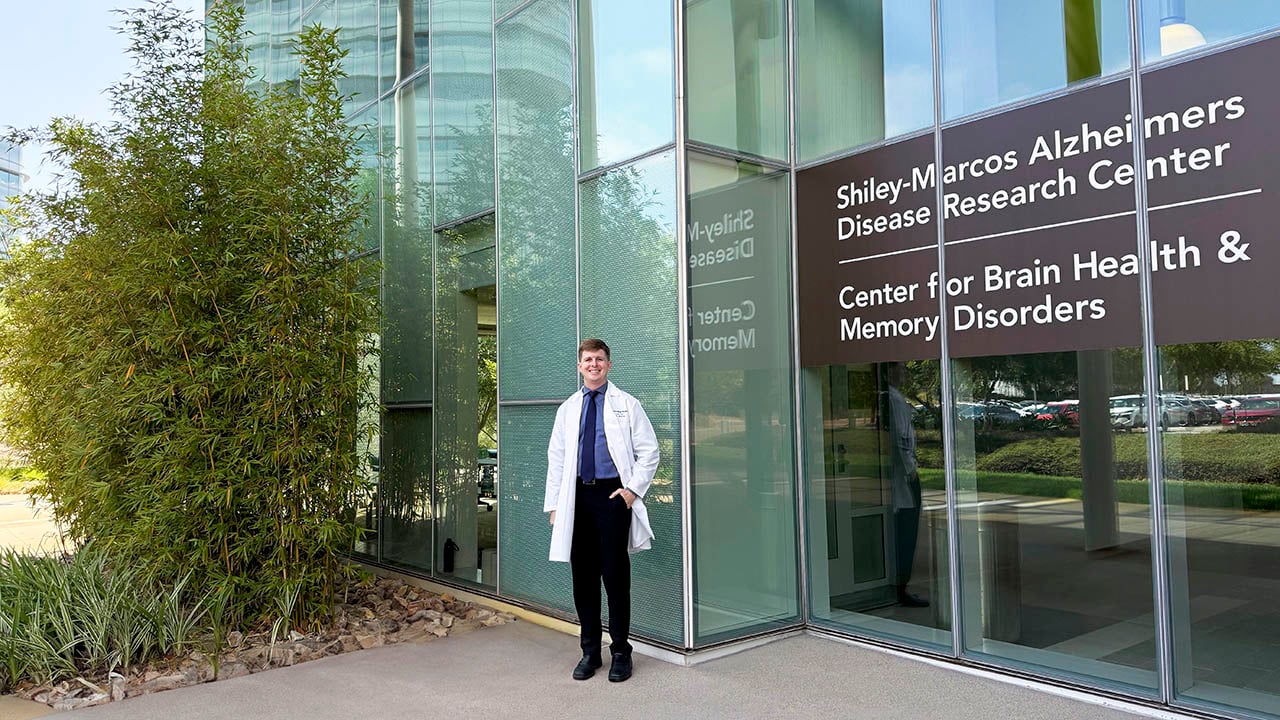Colonoscopy
Colonoscopies are a common screening tool for the early detection of colon cancer. Guidelines call for most people to begin screening at age 45.
During a colonoscopy, a gastroenterologist examines the large intestine or colon, which is the last part of your digestive system. It absorbs water to change waste from liquid to solid stool. The large intestine is about 5 feet long in adults.
Colon cancer is the third most common cancer in the United States and the second leading cause of cancer death. Colon cancer develops from small growths called polyps, which over many years can change into cancer.
Early detection and removal of colon polyps with colonoscopy prevents cancer from developing in the polyp. Colon cancer screening is usually done with either stool-based tests that look for blood in the stool (followed by a colonoscopy if the screening test is abnormal) or directly with a colonoscopy.
Colonoscopy can also be used for diagnostic purposes to help evaluate symptoms such as blood in the stool, diarrhea, abdominal pain, or changes in bowel habits.
What is a Colonoscopy?
A colonoscopy is an endoscopic procedure using a colonoscope to examine the colon for polyps and other abnormalities. After you are prepped and sedated, a thin flexible tube with a camera attached to it is inserted through the anus and passed through the length of the large intestine to where it joins the small intestine.
During this procedure, the doctor can remove any polyps you might have and take tissue samples as needed.
Do I Need a Colonoscopy?
Current guidelines call for men and women with an average risk of colon cancer to undergo colon cancer screening using either stool-based tests or colonoscopy or other tests starting at age 45. Subsequent screening intervals are based on findings of earlier tests. The US Preventive Services Task Force also recommends selective screening for adults ages 76 to 85 based on their overall health, prior screening history and preferences.
How to Prepare for a Colonoscopy
A day or two before the test, you'll do a bowel prep. This usually is a liquid diet plus a strong laxative solution. The bowel prep cleans out your colon so the lining can be seen during the test. Your provider will give you instructions on how to do the prep.
Note: Most patients receive sedation for the procedure and need to have a friend or family member accompany them home.
Why Choose UC San Diego Health?
We are ranked No. 28 in the nation for gastroenterology care and GI surgery by U.S. News & World Report.
UC San Diego Health is also at the forefront of endoscopic technology, including colonoscopy. Our physicians use endoscopy in combination with other diagnostic and surgical techniques to effectively address many conditions using the least invasive approaches possible.
Our Endoscopic Ultrasound (EUS) and Interventional GI Endoscopy Program is recognized by the American Society for Gastrointestinal Endoscopy as a premier program in the United States. Our program director, Thomas Savides, MD, is a past councilor for the American Society for Gastrointestinal Endoscopy.




